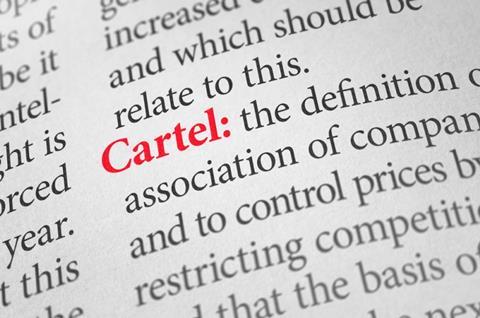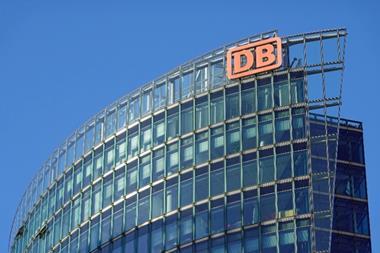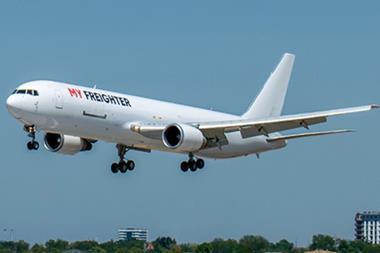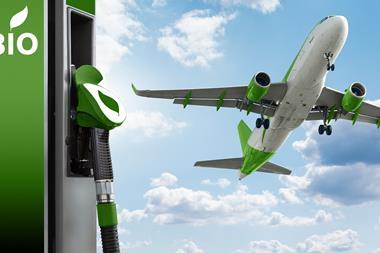
There was mixed outcome for airlines in their battle against air cargo cartel fines issued by the European Commission.
On March 30, the European Union (EU) General Court dismissed the actions brought by Martinair Holland, KLM, Cargolux Airlines, Air France-KLM, Air France, Lufthansa, Singapore Airlines and Singapore Airlines Cargo and upheld the fines previously imposed on those companies by the Commission.
However, it annulled the Commission decision in part covering Japan Airlines, Air Canada, British Airways, Cathay Pacific Airways, SAS Cargo Group, Latam Airlines Group and Lan Cargo.
In total, the carriers face a fine of just over €730m.
The carriers have been fighting for several years against a 2010 decision that found them guilty of operating a price-fixing cargo cartel starting in the late 1990s.
A 12th cartel member, Lufthansa, and its subsidiary, Swiss International Air Lines, received full immunity from fines as a whistle blower.
All but one of the companies (Qantas) subject to the 2010 ruling challenged the decision before the EU’s General Court.
The fines dating back to 2010 totalled €790m.
In December 2015, the General Court annulled the Commission’s decision against the 11 cartel participants that appealed, concluding that there had been a procedural error. However, it did not rule on the existence of the cartel.
This prompted several carriers to seek annulment or, at least, a reduction in their fines.
Breaking down the latest decision, the combined Air France KLM Martin Air group face a total fine of $325m; SAS Group €70m; Air Canada €17.9m; Cargolux €79.9m; Japan Airlines €28.9m; British Airways €84.5m; Cathay Pacific €47.1m; LATAM Group €2.2m; and Singapore Airlines group €74.8m.
Of those that had their fines reduced, Japan Airlines initially faced a fine of €35.7m; SAS Group €70.2m; Air Canada €21m; British Airways €104m; Cathay Pacific €57.1m; and Latam €8.2m.
The Commission found that between December 1999 and February 2006 the carriers had been operating in the airfreight services market covering flights from, to and within the European Economic Area.
According to the Commission, the cartel arrangements consisted of numerous contacts between airlines, at both bilateral and multilateral level, to fix levels of fuel and security surcharges.















